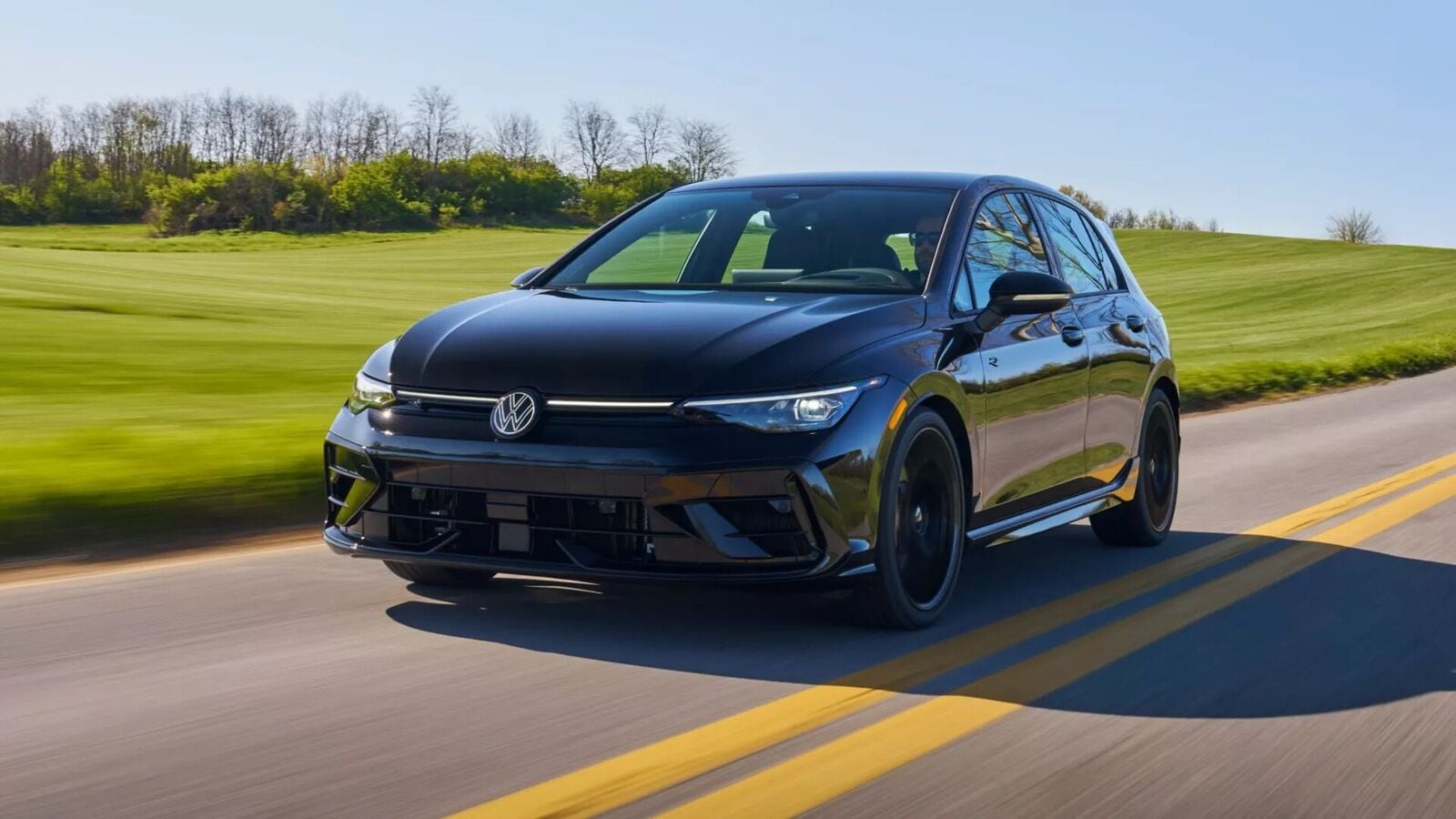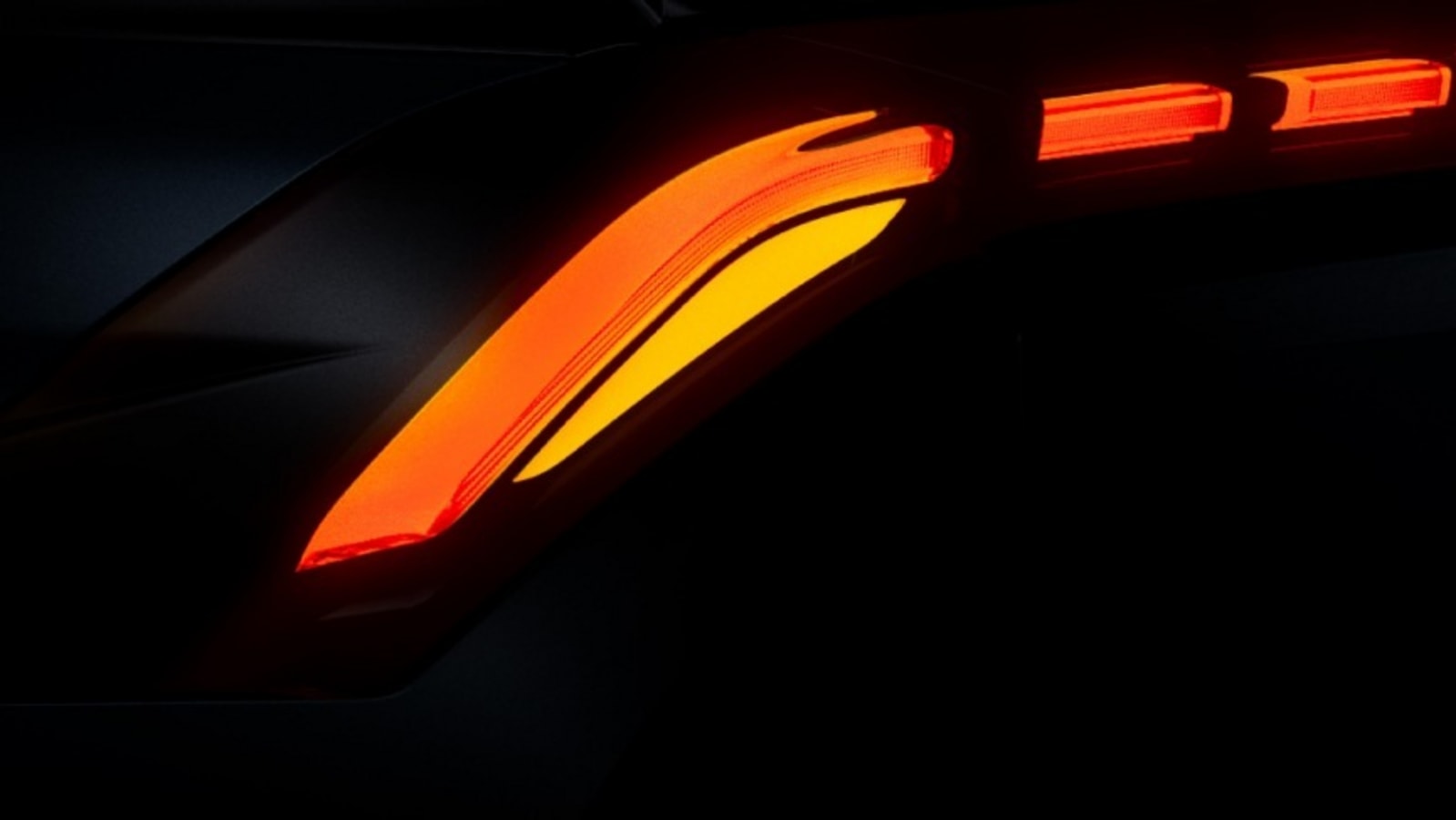09 July 2025

The French new-car market appears to be in turmoil, with all but one major powertrain technology declining in June. But could changes to battery-electric vehicle (BEV) incentives help the market? Autovista24 special content editor Phil Curry examines the figures.
The French new-car market suffered another month of registrations declines in June, marking the sixth-consecutive month of poor results. Last month, registrations fell by 6.7%, with 169,504 units delivered, according to data from the PFA.
Deliveries of new passenger cars have seen consecutive monthly declines this year, while June was the 13th in 14 months. In that period, only December 2024 saw a slight improvement. The result continues France’s run as the worst-performing country in Europe’s big five automotive markets.
‘This is the sixth consecutive month of decline, but the start of this sequence dates back more than a year, only interrupted by an artificial rebound in December,’ highlighted Marie-Laure Nivot, head of automotive market analysis at AAA Data.
‘Although year-to-date orders for new passenger cars recovered slightly in June, they remain down by 7.9% cumulatively since the beginning of the year.’
French BEV bonus ends
In late June, the French government announced that the country’s ‘ecological bonus’ scheme would stop from 1 July 2025. This provided a financial incentive towards the purchase of battery-electric vehicles (BEVs).
Models ordered before this time and applications sent within six months of the billing of the vehicle would remain eligible for the subsidies. However, the government stated that financial assistance would still be available for buyers of models under €47,000, and weighing less than 2,400kg. This would be funded by the country’s energy savings certificates scheme (CCE) instead.
AAA Data highlighted that this change will see the maximum amount awarded to buyers increase. The poorest households will receive €4,200 towards the cost of a BEV, an increase of €200. Other households will see incentives rise from €2,000 to €3,100.
The move to fund incentives from the CCE means the financial burden is no longer felt by the French government. Instead, energy companies are footing the bill as part of the push towards a decarbonised sector.
Additionally, from September 2025, the government will reactivate the country’s social leasing scheme for BEVs.
The scheme aims to support the leasing of at least 50,000 passenger cars, and will also be funded by CCE. However, it no longer includes the ecological bonus, which could see rental costs rise from those offered under the scheme in 2024.
Whether these changes provide a boost to the BEV market remains to be seen. But with the technology struggling, the government has acted to increase financial incentives, without the burden of funding of the scheme.
‘The new scale of the ecological bonus that has just been announced and the electric leasing expected at the start of the school year still give hope for a reversal of the trend for electric vehicles (EVs),’ outlined Nivot.
BEV’s registration blow
BEVs saw another decline ahead of the change in the ecological bonus scheme. The technology has stalled in 2025, with only one small increase recorded in April. In the remaining months, it has suffered heavy drops.
In June, a total of 28,858 units were registered, according to Autoivsta24 calculations. This represented a 1.6% fall year on year, equating to a difference of just 475 units. However, due to weaker results elsewhere in the new-car market, BEVs increased their market share by 0.9 percentage points (pp) to 17%.
AAA Data states that the BEV market is currently being driven by fleets, with related registrations up by around 49%. Conversely, private sales were down by around 30% in the month.
In the first half of the year, BEV registrations decreased by 6.4%, with 148,333 units delivered to customers. The powertrain’s market share improved by 0.3pp, thanks again to reduced volumes among other propulsion types.
PHEV registrations in freefall
Despite enjoying strong growth in neighbouring markets, plug-in hybrids (PHEVs) also declined in June.
Their 16.1% fall continued a streak of double-digit drops in 2025. In total, 11,784 new models were delivered to customers. This translated to a fall of 2,263 units, based on Autovista24 calculations. This meant the PHEV market share fell by 0.7pp to 7% at the end of the month.
The French PHEV market has endured a tough start to the year. In the first six months of 2025, volumes were down by 33.3%. The powertrain ended the first half of 2025 with a 5.8% share of total registrations. This was a drop from the 8.1% the technology held at the end of the same period in 2024.
Combining PHEVs and BEVs, the EV market in France saw a decline of 6.3% in June, with a loss of 2,738 units. Its market share of 24% was up by just 0.1pp. year on year
From January to June, EV volumes were down 14.9%, with 34,611 fewer units taking to French roads. Despite this double-digit decline, market share was only down 2pp, to 23.4%.
Hybrid domination continues
France changed the way it reported hybrid figures in April of this year. Until that point, the country’s automotive authorities separated full hybrids (HEVs) and mild hybrids. Now, both powertrain types are included in a single category.
This happened at a time when HEVs had taken the lead as the dominant powertrain type from petrol for the first time. However, since the change in reporting, the hybrid category has been a clear leader.
This trend continued in June. According to Autovista24 calculations, hybrids recorded a total of 74,337 registrations, growing by 19.5% compared to the same period last year. This gave the technology a 43.9% market share, a 9.7pp improvement year on year.
The hybrid sector saw registrations increase by 34.1% across the first six months of 2025. So far this year, it is the only powertrain to record growth, with a total of 376,217 units.
The electrified market witnessed an increase of 8.9% in June, after adding hybrid figures, with 9,394 extra units taking to the country’s roads. This gave the technology a commanding 67.8% share of the market, up from its 58.1% market hold in June 2024.
Over the first half of 2025, electrified vehicles accounted for 68.1% of total registrations, up by 12.1pp. Volumes increased by 11.9%, equating to 61,087 more deliveries.
Petrol struggles in France
This year, petrol-powered cars have struggled in all major European markets. This has especially been the case in France. June represented another poor month, with the fuel -type declining by 30.7% year on year, Autovista24 calculations show. A total of 37,747 petrol cars were registered, 16,733 units fewer than in June 2024.
This left the powertrain with a 22.3% market share, a drop of 7.7pp compared to the same point last year.
In the first half of 2025, petrol volumes have dropped by 33.7%, the worst decline within the big five European markets. A total of 194,847 units were registered, representing 23.1% of the overall market. This figure was down by 9pp against the first six months of last year.
The decline may be due in part to carmakers reducing their options when it comes to pure petrol models. Instead, many are offering mild-hybrid petrol powertrains, which now count towards the increased hybrid figures.
Diesel registrations plunge
Diesel registrations also continued to plunge. June saw just 9,738 units make their way to customers, a drop of 40% compared to 12 months prior. The fuel type recorded the lowest volume of major powertrains and represented just 5.7% of the market last month. This was down from its 8.9% share a year previously.
During the first half of the year, diesel registrations fell by 42.7%, with 41,490 deliveries. This gave the powertrain a 4.9% market share, down by 3pp.
Combining petrol and diesel numbers, the internal-combustion engine (ICE) market suffered a decline of 32.8% in the month, taking just 28% of total registrations. This was a drop of 10.9pp year on year. Between January and June, ICE registrations fell by 35.4%, while their market share dropped by 11.9pp to 28.1%.
At some points this year, ICE has come close to being overtaken by EV registrations. For example, in April, plug-ins trailed the ICE market by just 0.4pp. However, with continued poor performances for electric technology, especially hybrids, the gap has widened in recent months.





